 W
WSilesians is a geographical term for the inhabitants of Silesia, a historical region in Central Europe divided by the current national boundaries of Poland, Germany and the Czech Republic.
 W
WAmalie Wilhelmine Henriette Ernestine Bianca von Forcade de Biaix was a daughter of Captain Friedrich Wilhelm Leopold Konstantin Quirin Freiherr von Forcade de Biaix, Lord of Schleibitz, Hamm, Groß-Naedlitz and Loslau, and Amalie Ernestine Wilhelmine Elisabeth von Poser und Groß-Naedlitz. She was a descendant of the noble family of Forcade.
 W
WMoritz Brosig was a German cathedral organist and composer. He came to be seen as a leading representative of the so-called Breslau School of church musicians. Despite his Roman Catholic faith, he wrote more than thirty chorale preludes, working in a musical genre more traditionally associated with Lutheran worship.
 W
WPaul Eduard Maximilian Bürde was a German painter and illustrator.
 W
WBlessed Ceslaus, O.P., was born in Kamień Śląski in Silesia, Poland, of the noble family of Odrowąż, and was a relative, possibly the brother, of Saint Hyacinth.
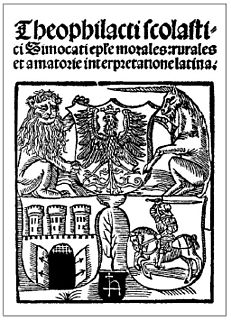 W
WLaurentius Corvinus was a Silesian scholar who lectured as an "extraordinary" professor at the University of Krakow when Nicolaus Copernicus began to study there. He also attracted a reputation as one of the finest Silesian poets of the early Renaissance and as an important agent for cultural and religious change in his adopted home of Breslau.
 W
WPeter Hänsel was a German-Austrian violinist and classical composer of almost exclusively chamber music. He has been recently viewed not only as the principal representative of the true quartet school of Joseph Haydn and Wolfgang Amadeus Mozart, but also the composer responsible for incorporating French and Polish influences into the Viennese classical style, thus serving as mediator between Germany, France and Poland.
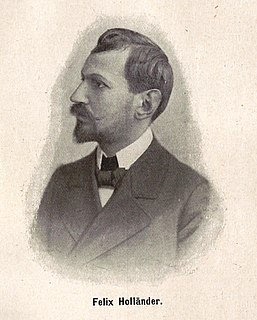 W
WFelix Hollaender was a German writer, critic, dramaturge and theatre director. At one point he worked as a stage producer with his friend Max Reinhardt.
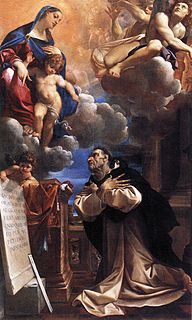 W
WHyacinth was a Polish Dominican priest and missionary who worked to reform women's monasteries in his native Poland. He was a Doctor of Sacred Studies, educated in Paris and Bologna.
 W
WTomasz Kamusella FRHistS is a Polish scholar pursuing interdisciplinary research in language politics, nationalism and ethnicity.
 W
WŁukasz Konarzewski, born September 22, 1955 in Istebna, is a Polish historian of art, art restorer, a civil servant of both central and local governmental administration.
 W
WAtaullah Bogdan Kopański is a Polish historian of Central and Eastern Europe, especially of Muslims in this region, today based in Malaysia.
 W
WJoseph Lux was a German actor and operatic bass), who appeared especially in comic roles.
 W
WMaria Luise Merkert was a German Roman Catholic professed religious and the co-foundress of the Sisters of Saint Elizabeth. Merkert worked to help those in need including the poor and ill and tended to them with her older sister until her sudden death and the death of her other companions - this left Merkert alone to found and maintain her order as its first Superior General from 1859 until her death.
 W
WBascha Mika is a German journalist and publicist. From 1998 to July 2009 she was editor-in-chief of Die Tageszeitung and has held the same post at Frankfurt Rundschau since April 2014. At Die Tageszeitung, Mika was the only female editor-in-chief of a national newspaper in Germany.
 W
WMagdalena Agnieszka Ogórek is a Polish TV presenter and politician.
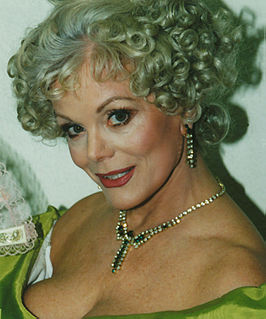 W
WChristiane Rücker is a German film and television actress.
 W
WWilhelm Tappert was a German composer and music writer.
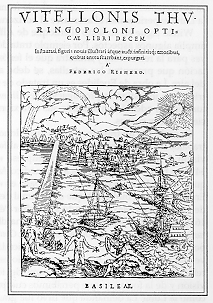 W
WVitello was a Silesian friar, theologian and natural philosopher of German-Polish descent. He is an important figure in the history of philosophy in Poland. The lunar crater Vitello is named after him.
 W
WGustav, Count of Schlabrendorf, described in various sources as a "citizen of the world" ("Weltbürger"), was a political author and an enlightenment thinker. During or shortly before the first part of 1789 he relocated to Paris from where he enjoyed a ringside seat for the unfolding phases of the French Revolution which, initially, he enthusiastically supported. He backed the revolutionary precepts of "Liberty, Equality and Brotherhood". He soon had reason to become mistrustful of the revolution's radicalisation, however, and during the "Terror" ("Terreur") period spent more than 17 months in prison, avoiding a terminal rendezvous with the guillotine only through an administrative oversight. He subsequently wrote several critical works about Napoléon Bonaparte. It was a reflection of his increasingly idiosyncratic lifestyle that by the 1820s he was becoming known as "The Hermit of Paris" : he was happy to endorse the soubriquet, on occasion using it to describe himself.
 W
WAlbrecht von Thaer was a German General Staff Officer and authorised representative ("Generalbevollmächtigter") of the last King of Saxony. He came to prominence in connection with his successful participation in the controversial long-distance cavalry exercise between Berlin and Vienna in 1892 and, later, on account of his First World War diaries, when these were published posthumously.